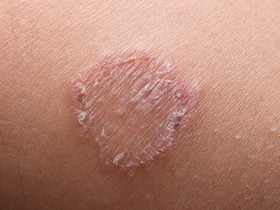Guillain-Barre syndrome is a neurological body disorder and is considered to be very rare. It is a case in which the body’s immune system attacks the nerves of the peripheral nervous system (PNS). It can also be explained as an autoimmune condition that makes it the immune defense system possible to attack the nerves. The exact cause of this disorder is still unknown. However, the first possible symptom one experiences are weakness in your extremities and tingling sensation in the various extremities of the body.
Its starts from there, but the sensation can quickly spread to other parts of the body if not quickly attended to and result in paralysis of the whole body, making it hard for one to breathe without an oxygen mask or any other breathing aid. In its most severe form, Guillain-Barre syndrome calls for a medical emergency, which entails for the person to immediately be hospitalized to be kept under the doctor’s supervision and receive treatment.
The exact cause of Guillain-Barre syndrome is still unknown. However, in most cases, it is usually triggered by an infection, either an acute viral or a bacterial illness such as respiratory infection, gastrointestinal infection, or Zika virus. There is also presently no particular cure for the syndrome, but treatments can ease the symptoms and make the illness bearable. However, most people recover from Guillain-Barre syndrome if treated accordingly, but it may take up to a year or two; the patient should already be able to walk by the sixth month.
Risk Factors
 Guillain-Bare Syndrome has no respect for whether the young or the old; however, the risk of getting it increases as you age. Also, research has proven that it is more common in males than in females. There are also some bacteria or viruses that may prompt Guillain-Bare Syndrome. One can just hope that Guillain-Bare Syndrome doesn’t attack after an encounter with such diseases.
Guillain-Bare Syndrome has no respect for whether the young or the old; however, the risk of getting it increases as you age. Also, research has proven that it is more common in males than in females. There are also some bacteria or viruses that may prompt Guillain-Bare Syndrome. One can just hope that Guillain-Bare Syndrome doesn’t attack after an encounter with such diseases.
Other factors that could trigger Guillain-Bare Syndrome include:
- Influenza virus
- HIV
- Zika virus
- Cytomegalovirus
- Hepatitis A, B, and C
- Surgery
- Trauma [1]
- Covid-19 virus













